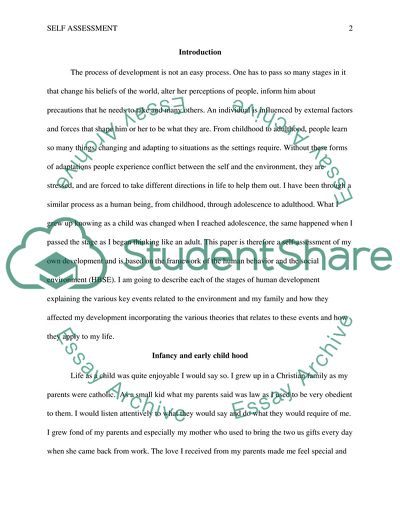Cite this document
(Self-Assessment Based on HBSE Framework Term Paper, n.d.)
Self-Assessment Based on HBSE Framework Term Paper. Retrieved from https://studentshare.org/social-science/1771568-bio-psycho-social-spiritual-self-assessment-that-incorporates-relevent-cogn-soc-emot-devel-process
Self-Assessment Based on HBSE Framework Term Paper. Retrieved from https://studentshare.org/social-science/1771568-bio-psycho-social-spiritual-self-assessment-that-incorporates-relevent-cogn-soc-emot-devel-process
(Self-Assessment Based on HBSE Framework Term Paper)
Self-Assessment Based on HBSE Framework Term Paper. https://studentshare.org/social-science/1771568-bio-psycho-social-spiritual-self-assessment-that-incorporates-relevent-cogn-soc-emot-devel-process.
Self-Assessment Based on HBSE Framework Term Paper. https://studentshare.org/social-science/1771568-bio-psycho-social-spiritual-self-assessment-that-incorporates-relevent-cogn-soc-emot-devel-process.
“Self-Assessment Based on HBSE Framework Term Paper”, n.d. https://studentshare.org/social-science/1771568-bio-psycho-social-spiritual-self-assessment-that-incorporates-relevent-cogn-soc-emot-devel-process.


